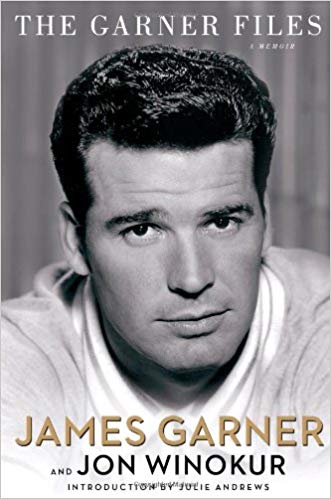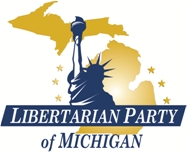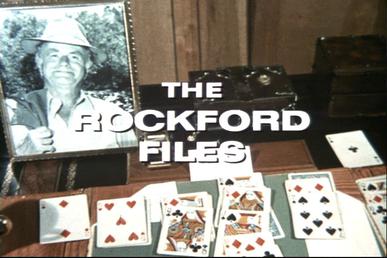The Story of James Garner, by James Garner with Jon Winokur
Reviewed by Brian R. Wright
 As I was growing up in Overland Park, Kansas, my dad would share a number of little aphorisms and gems of deep thoughts that he was fond of… such as Charles Lindbergh’s line, “One man with courage makes a majority.” or “That’s what makes horse races, son,” or “Eat the vegetables, Brian, it all gets mixed up inside anyway.” One of his more memorable sayings occurred often when we’d watch a movie or TV program that might have artistic pretensions: he’d say, “Sells soap.”
As I was growing up in Overland Park, Kansas, my dad would share a number of little aphorisms and gems of deep thoughts that he was fond of… such as Charles Lindbergh’s line, “One man with courage makes a majority.” or “That’s what makes horse races, son,” or “Eat the vegetables, Brian, it all gets mixed up inside anyway.” One of his more memorable sayings occurred often when we’d watch a movie or TV program that might have artistic pretensions: he’d say, “Sells soap.”
Well, several years later, James Garner was an occasional guest on the renowned Johnny Carson Show, and I remember he used the exact same phrase in regard to some TV series or movie, perhaps it was one of his own, that is: “Sells soap.”
I always rather resisted this expression coming from an actor, because it carried a tinge of bitterness—and from my dad, it could be a general putdown of any show that had truly fine qualities. So I wondered whether Mr. Garner had been victimized somehow in the making of one production or another. [I learned from the book that when he was under contract with Warner Bros. for Maverick and some feature films they had him do, he was only making $500 a week! Care to take a stab at what Warner Bros. made from the show?!! That’s what I call justification for bitterness. And he had to do pretty much whatever they wanted him to do, e.g. promotions, interviews, what have you.]
But let’s start at the beginning. I really didn’t know that Garner, whose birth name was Bumgarner was born and raised in Norman, Oklahoma, and had a pretty screwed up and abusive parental situation, which led him to leave home at the age of 14. He pretty much drifted around until the service—he was the first Army enlistee from Oklahoma to go to Korea, where he earned two Purple Hearts [that substory is quite harrowing]—taking jobs:
“I worked in food markets and clothing stores. I cut trees for the telephone company. I hauled Sheetrock. I was a dishwasher, a janitor, a dockworker, an oil field roughneck, and a carpet layer. I worked on a line cleaning chickens. (God help you if you accidentally nicked a gizzard.) I was a hod carrier on a construction site—that’s the guy who brings bricks to the bricklayer in a box at the end of a pole. I was also an insurance salesman, but not a very good one….”
One thing you realize starting from his teens and even quite late in life when he was famous, Garner had a temper and especially did NOT like bullies picking on people who couldn’t really defend themselves, or picking on him. Several times when a man would act the aggressor, Garner would make short work of him with a punch or two, sending more than one, sometimes big men, offender to the hospital. Indeed the physical aspects of his work were very demanding. Here he shares regarding Rockford Files (1974-1979):
People have no idea how physically punishing it is to do an action series. You’re producing 22 one-hour movies every year. You’re on the set 15 hours a day with no time to do anything else but get a few hours of sleep before you have to start all over again. Wore me down to a nub. You show me a leading man who’s done a drama series for more than two or three years and I’ll show you somebody who’s beat to a pulp. Our legs are gone, our backs are gone, and generally our brains are gone, too. (I just barely managed to hold on to mine.) Continue reading




